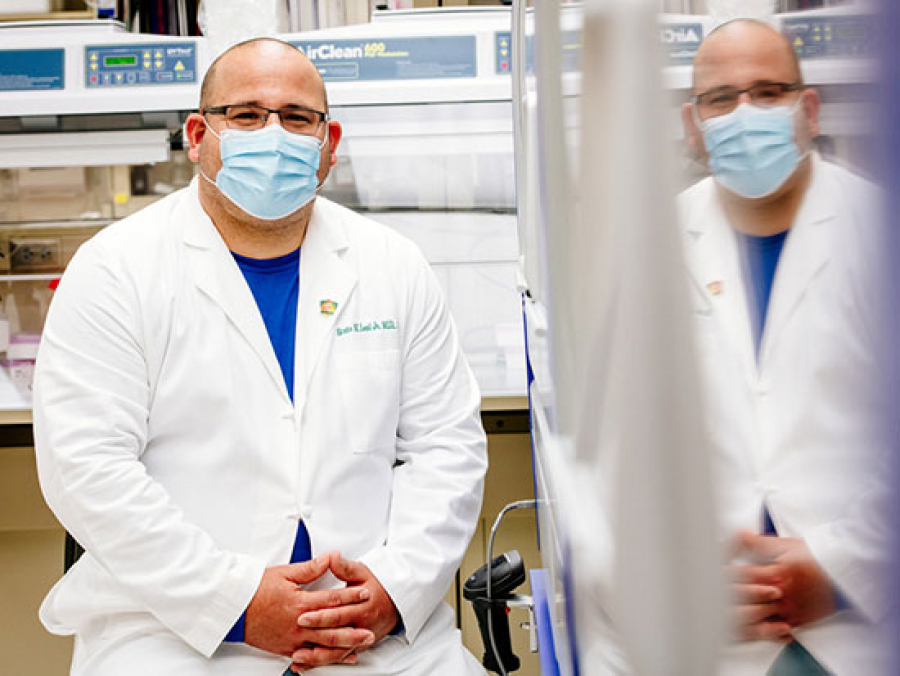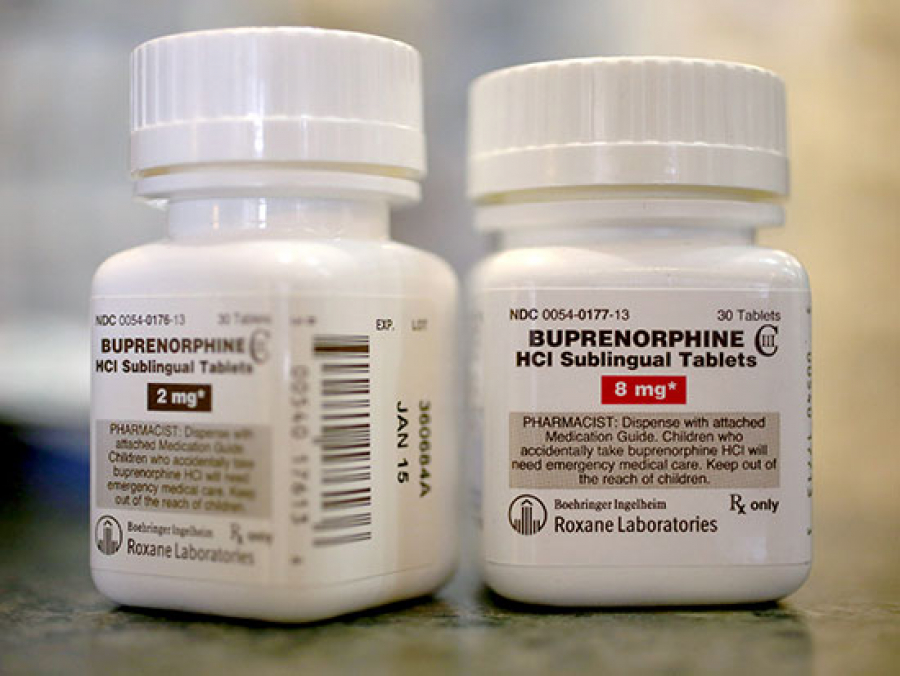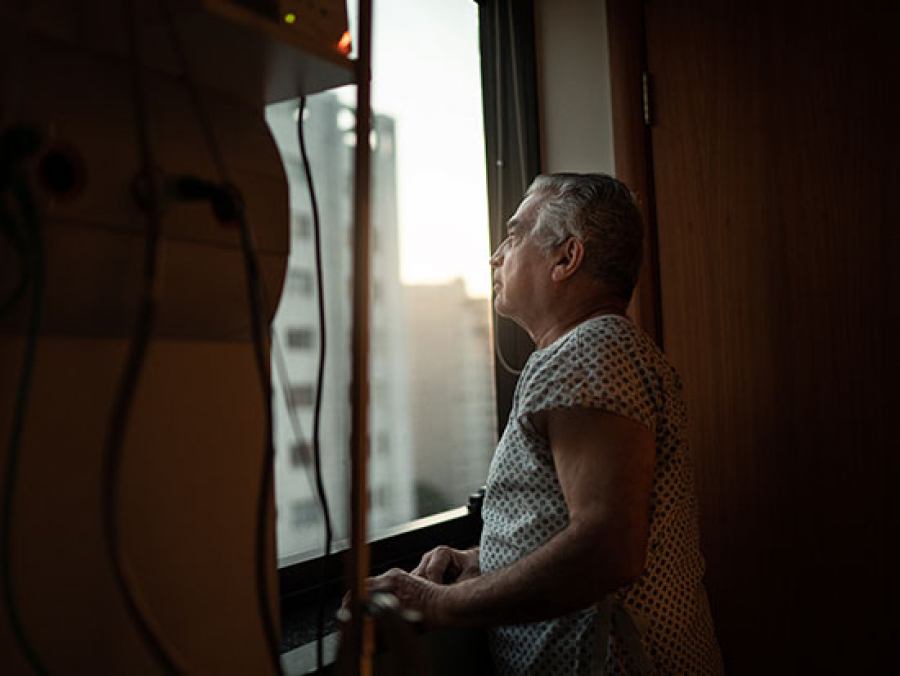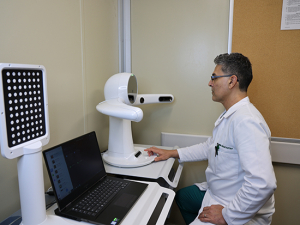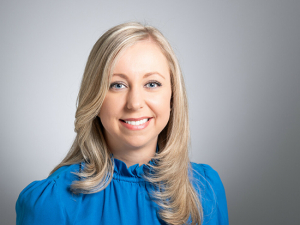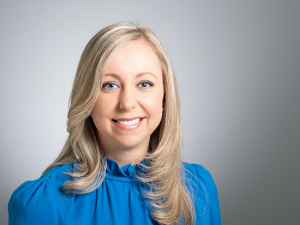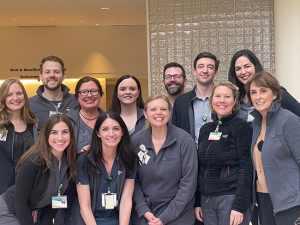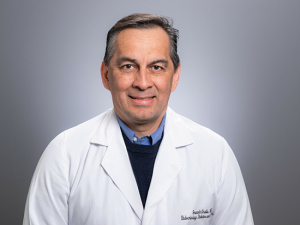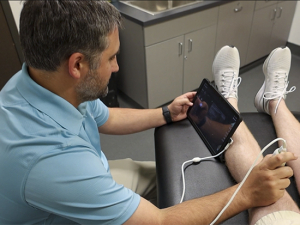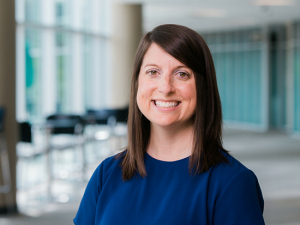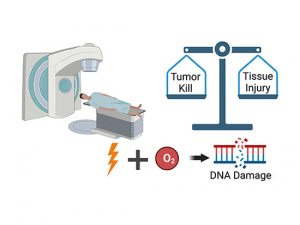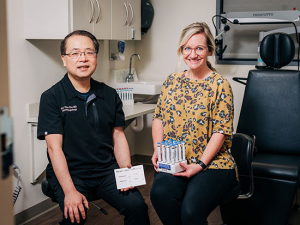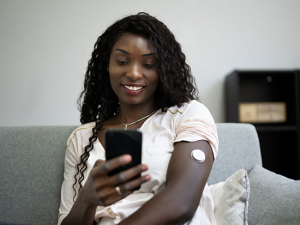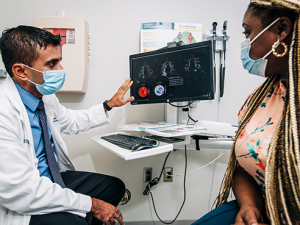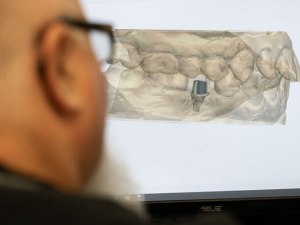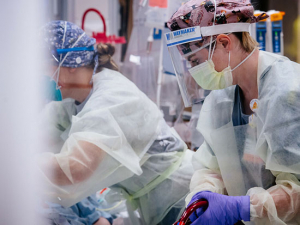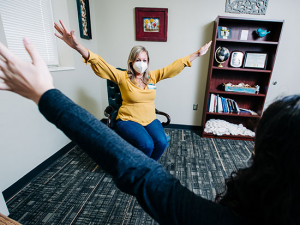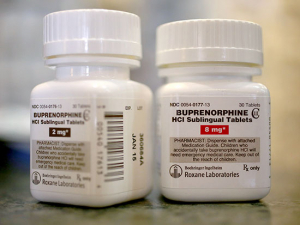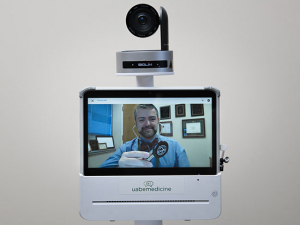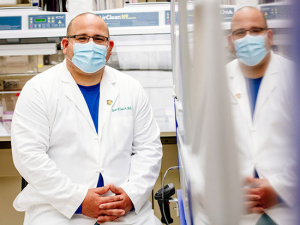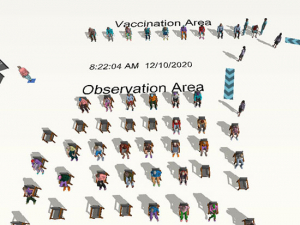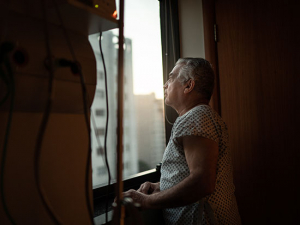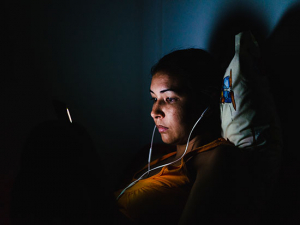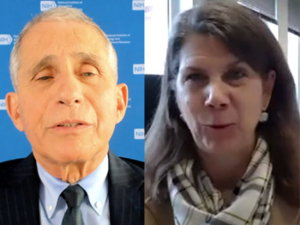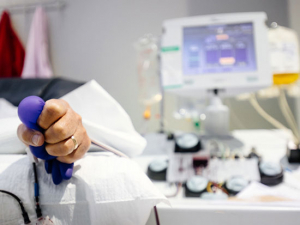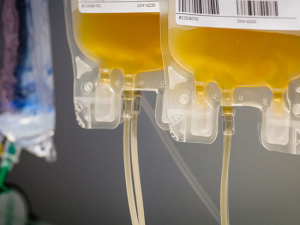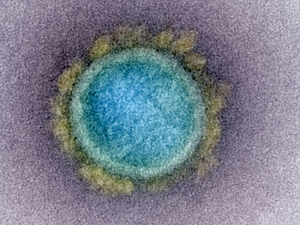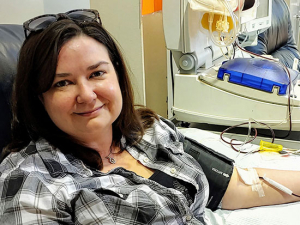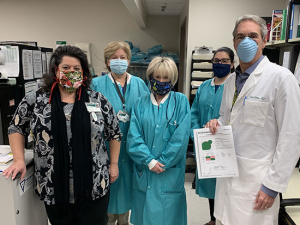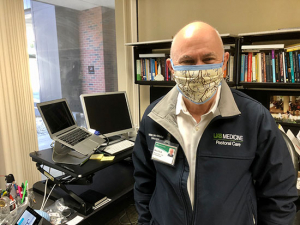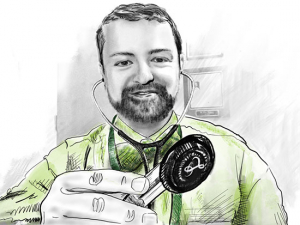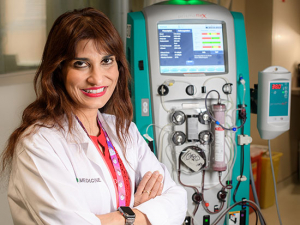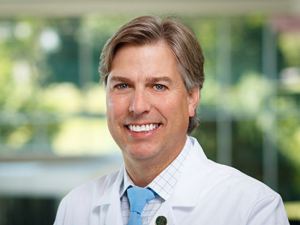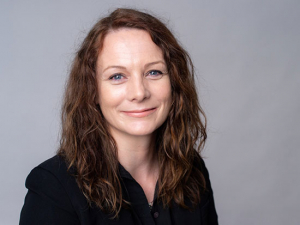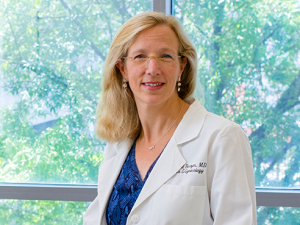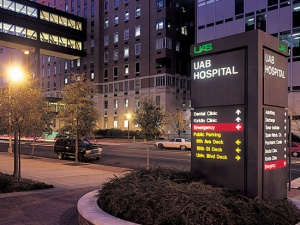UAB has created a new program aimed at solving some of the most perplexing medical mysteries. The new Undiagnosed Diseases Program will tackle cases where a diagnosis has not been made despite extensive efforts by the referring physician.
 Bruce Korf, M.D.Some of these conditions may be so rare that only a handful of people in the world have them. Others may be more common, but have symptoms that present in an unusual way, making diagnosis difficult. It is possible the UAB program will discover genetic conditions that have never been described.
Bruce Korf, M.D.Some of these conditions may be so rare that only a handful of people in the world have them. Others may be more common, but have symptoms that present in an unusual way, making diagnosis difficult. It is possible the UAB program will discover genetic conditions that have never been described.
“Undiagnosed diseases present a critical unmet need, with patients often cycling through the medical system with no satisfactory treatment plan,” said Bruce R. Korf, M.D., professor and chair of the UAB Department of Genetics and director of the UDP. “In some ways, we are a court of last resort for patients with an undiagnosed disease. We have resources and expertise that can be brought to bear in the search for answers.”
The UDP team, led by Korf, Maria Descartes, M.D., professor of genetics, and Gustavo Heudebert, M.D., professor of internal medicine, includes a designated certified genetic counselor and a clinical nurse coordinator. Physicians from various subspecialties, in such areas as radiology, rheumatology and neurology, will serve as consultants and provide their expertise as needed.
The UAB program is modeled on a similar program at the National Institutes of Health;
Korf served as chair of the advisory board for the NIH initiative and attended some patient care conferences. UAB’s program is funded by UAB Medicine and patient revenues, and is independent of the NIH program. It is one of the first at an academic medical center and part of AMC21, the strategic plan guiding the internationally renowned research university’s vision to serve as a first-choice destination for education and health care in the 21st century.
| The UDP team, led by Korf, Maria Descartes, M.D., professor of genetics, and Gustavo Heudebert, M.D., professor of internal medicine, includes a designated certified genetic counselor and a clinical nurse coordinator. Physicians from various subspecialties, in such areas as radiology, rheumatology and neurology, will serve as consultants and provide their expertise as needed. |
The 4-year-old NIH program reports that more than half of the patients seen there had undiagnosed neurological problems. Other prominent disorder categories include gastrointestinal disease, immune and rheumatic illness, dermatological disorders, and cardiovascular disease. The NIH Office of Rare Diseases Research says there are about 500 diseases common enough to be in any physician’s repertoire for diagnosis, while another 6,500 are known but are extremely rare.
Patients must be referred to the UAB UDP by their primary care physician or a physician providing ongoing care for the condition under evaluation. The condition should have been present for at least six months.
Those enrolled into the program may undergo sequencing of their genome as part of the evaluation process. Genetic testing will be available to family members when appropriate, along with genetic counseling.
The program expects to see no more than 40-50 cases per year, and not every patient is guaranteed to receive a diagnosis or treatment plan; in those circumstances, patients will be referred to appropriate UAB specialists for symptom management.
The number of patients admitted into the program will be kept small so that advanced genetic testing and other resources can be devoted to cases most likely to lead to new medical diagnoses. Those answers could potentially benefit countless people beyond the few that the panel of experts will see.
“This is a concentrated effort to uncover a diagnosis and bring about effective treatment,” said Korf. “Insights gained during evaluation of a single patient may benefit those presently affected by such conditions and have the potential to benefit future generations of patients, while advancing medical and scientific knowledge as a whole.”
